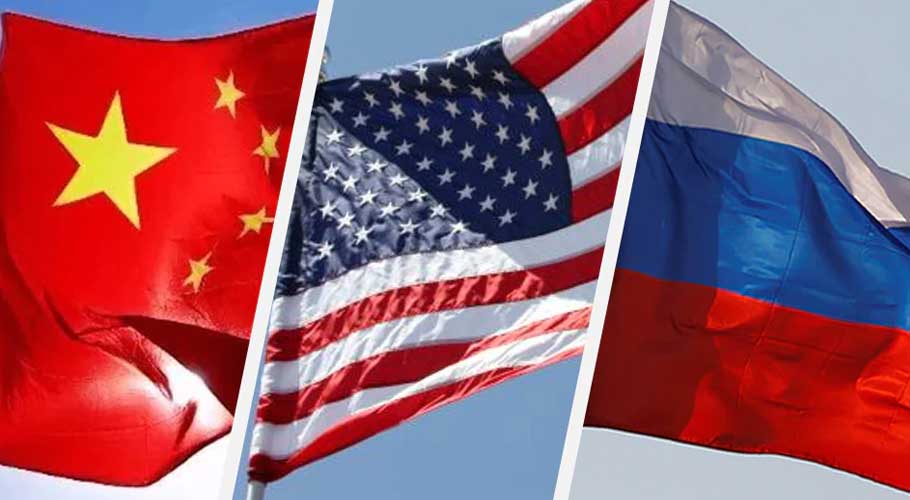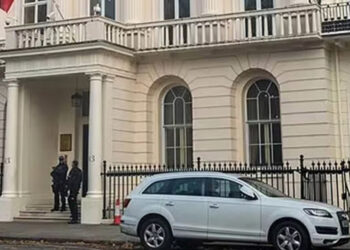![]() Follow Us on Google News
Follow Us on Google News
After four years of Donald Trump and rising political extremism in the United States, the country is no longer the beacon of democracy it once was. At least according to a new poll that has found the US is perceived as a bigger threat to democracy than Russia and China.
From the surge in COVID-19 disease to Capitol Hill incident, the United States faced a lot of issues in 2020. Now, the U.S. has become a nation no country should aspire to be like — it has become a prime example for what not to do.
The survey was conducted between February and April, so the results may have been stained by the reputation left by Donald Trump. Let’s take an in-depth review of the shifts that accelerated – or emerged for the first time – during the tenure of Donald Trump.
The survey
The poll was commissioned by the Alliance of Democracies Foundation and they gathered data from 50,000 people in 53 countries. The survey did, however, acknowledge that the US’ reputation was improving since Donald Trump left office.
Inequality is believed to be the biggest hindrance to democracy, but in the US, tech companies and their power is also seen as a threat.
The survey shows that democracy still gets high marks, even though people who live in democratic nations are more likely to have negative views of their government’s response to the coronavirus pandemic, compared to people who live in countries with less democracy.
The most astonishing takeaway was that 44 percent of those who took part in the survey view the US as a threat to their country’s democracy. Thirty-eight per cent of respondents fear the same from China, and Russia is at 28 percent.
US problems under Trump era
Donald Trump stunned the political world in 2016 when he became the first person without government or military experience ever to be elected president of the United States. His four-year tenure in the White House is full with many controversies.
Throughout his tenure, Donald Trump questioned the legitimacy of democratic institutions, from the free press to the federal judiciary. In surveys conducted between 2016 and 2019, more than half of Americans said Trump had little or no respect for the nation’s democratic institutions and traditions.
Racial tensions were a constant undercurrent during Trump’s presidency. The death of George Floyd, in particular, brought race to the surface in a way that few other recent events have.
Defining public health and economic crisis
Trump will undoubtedly be remembered for the enormous toll the coronavirus pandemic took on the nation’s public health and economy. More than 400,000 Americans died from COVID-19 between the beginning of the pandemic and when Trump left office.
At the same time, the pandemic had a disastrous effect on the economy. Trump and Barack Obama together had presided over the longest economic expansion in American history, with the U.S. unemployment rate at a 50-year low of 3.5% as recently as February 2020.
By April 2020, with businesses around the country closing their doors to prevent the spread of the virus, unemployment had soared to a post-World War II high of 14.8%.
US – a threat?
The foundations of American civic culture — attitudes of trust in government, confidence in the political system, and support for democracy — have weakened over the decades. America’s military supremacy and economic power are not being used to rebuild global security and prosperity.
They are being used to restore America’s geostrategic and economic hegemony. Even as the world grapples with the pandemic, these military and economic power are not there to serve the interests of the global community. They are to serve America’s interests, to support arms manufacturers, and to preserve the regional and global status quo.




































